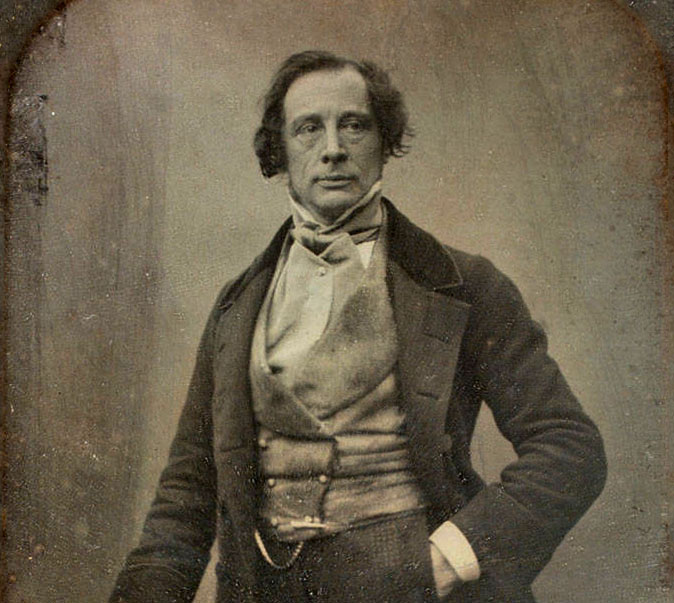
Clouds from a summer squall move eastward above a Doughton Park trail head.
In the Blue Ridge foothills, elevation about 1000 feet, the high temperature yesterday was about 91F. Sixty miles away in the Blue Ridge Highlands, elevation about 3,500 feet, the high was about 75F, with a constant cool breeze and rain showers. I should get up there more often in the summer.
There were two primary missions — to meet a friend from Charlotte for a little hiking at Doughton Park, and to have lunch at the newly opened Bluffs Restaurant, which I wrote about previously here.
The Bluffs did not disappoint. It was easy to see from the happy, accommodating staff that the restaurant is doing well and that the people who work there are sharing in the success. We had fried okra with a ranch-style dipping sauce (excellent); hushpuppies with molasses butter (also excellent); side salads; and fried-green-tomato BLTs on sourdough with fries on the side. And iced tea, of course. We ordered too much and ate too much, and lunch came to $25 each. If you’re in the area and are considering visiting the Bluffs, it’s at milepost 241 on the Blue Ridge Parkway, near Laurel Springs in Ashe County, North Carolina. The place is very busy, and they recommend reservations. The number to call (as well as the menus) are on their web site. They’ve set up a large, wedding-style tent with picnic tables in front of the building to accommodate people who’re waiting to go inside. They also serve under the tent. My hiking companion’s dog waited under the tent while we were inside, and kitchen workers and waitresses took the dog snacks and icewater.
Driving along the Blue Ridge Parkway with the windows down (the speed limit is 45 mph), in and out of woods, past lush meadows and the occasional farm, under a busy sky, birds singing, I kept thinking, “I remember this planet. This is the planet I was born on.” The population of the earth has doubled since I was born in 1948. Except for the Appalachian Highlands, I often think that the entire east coast of the U.S. is now one big suburb.
The Blue Ridge Parkway was an economic stimulus project during the Great Depression. Work began under the Franklin D. Roosevelt administration. It’s one of the nicest gifts the American people have ever given themselves, from an era in which the rich paid their fair share and when government was understood to exist for the benefit of the people. The American people desperately need another era like that, now.

A U.S. Park Service version of a kissing gate. There’s no moving gate; it’s just assumed that a cow can’t get around the bend. Split-rail fencing made from locust wood is common in the Appalachian Highlands. Locust is plentiful, resists rot, and splits easily.

Near Cumberland Knob, milepost 217.

The interior of the Bluffs

Fried okra at the Bluffs

Side salad at the Bluffs

I had this humble diner burger at a roadside restaurant at Fancy Gap, Virginia, while driving to the Bluffs














